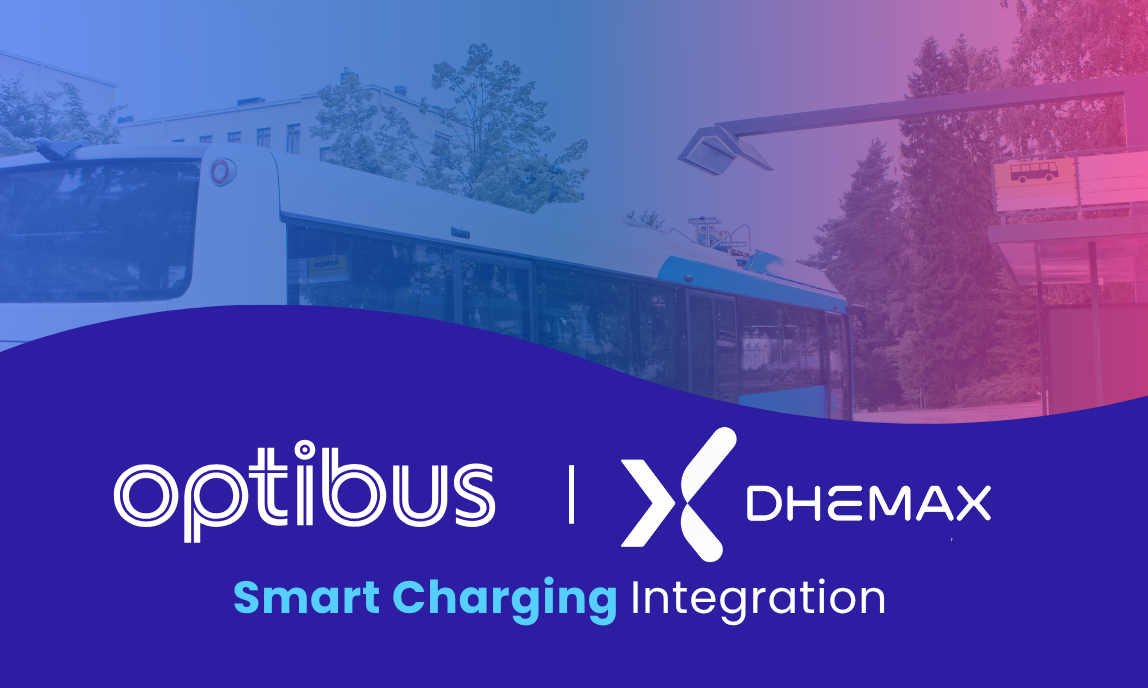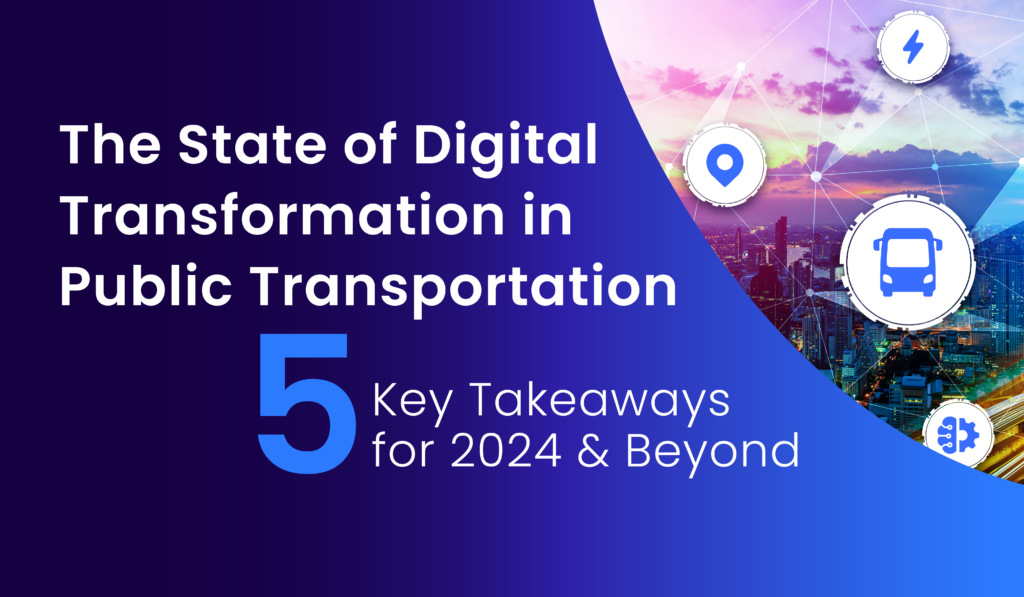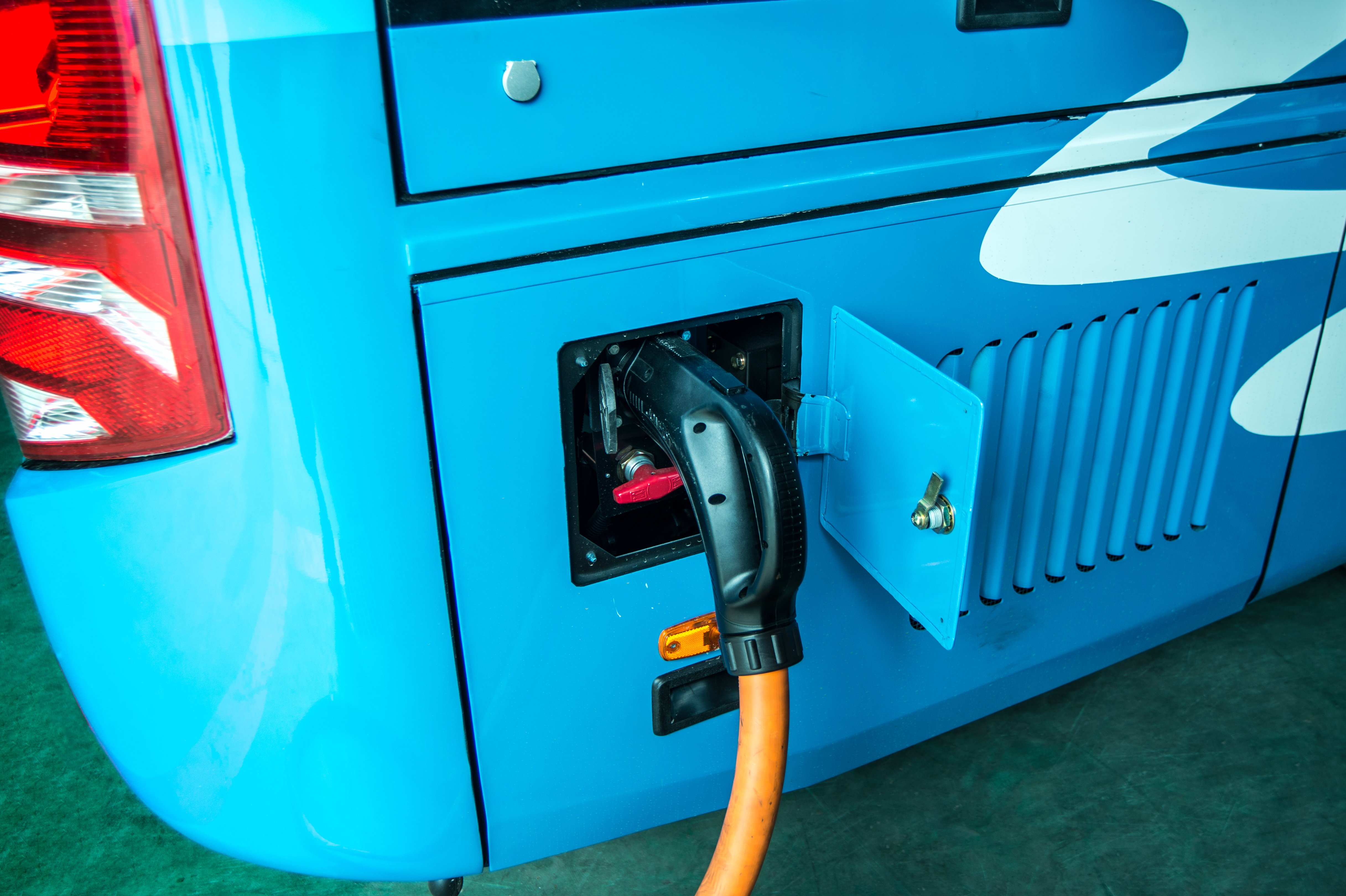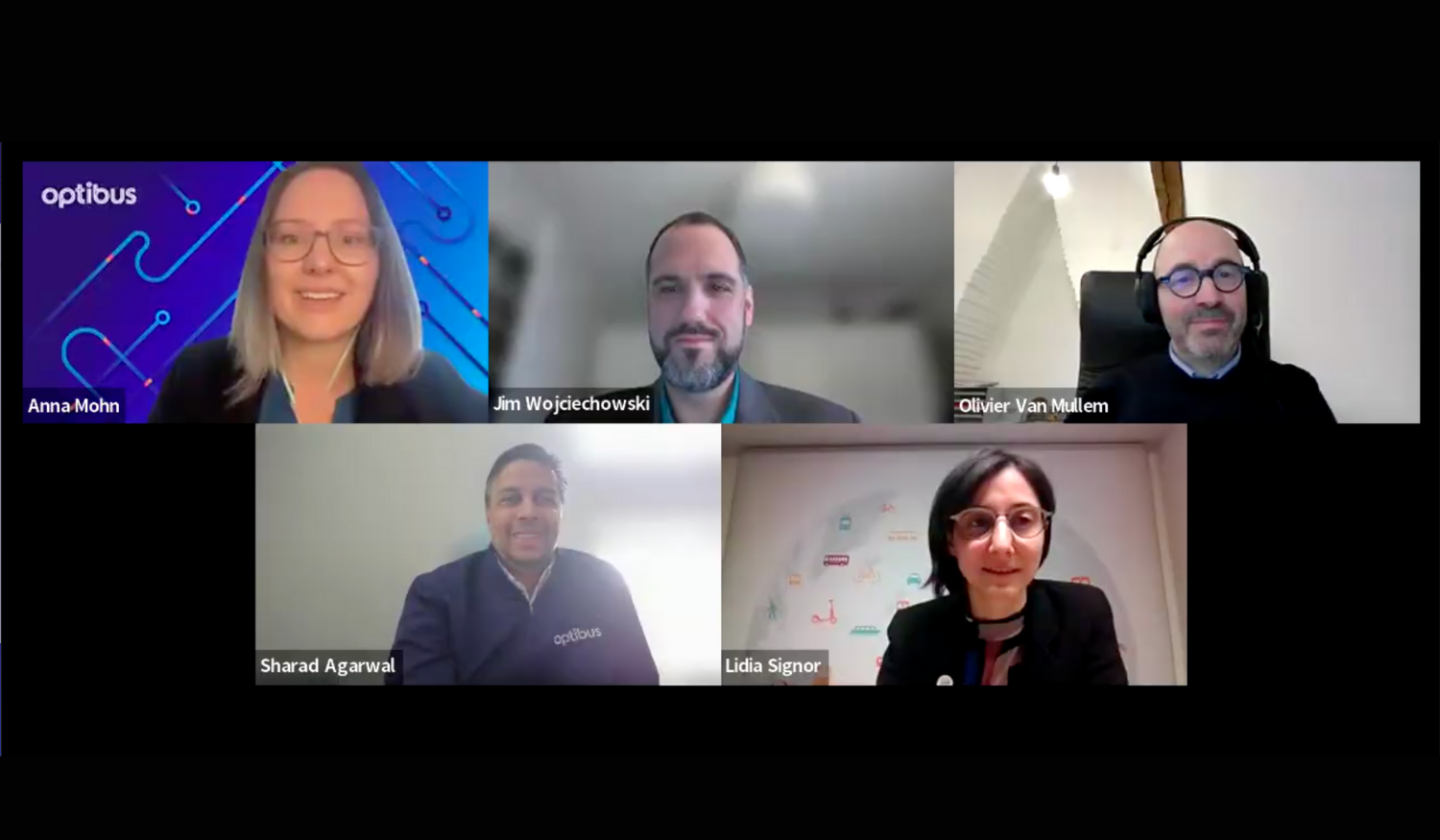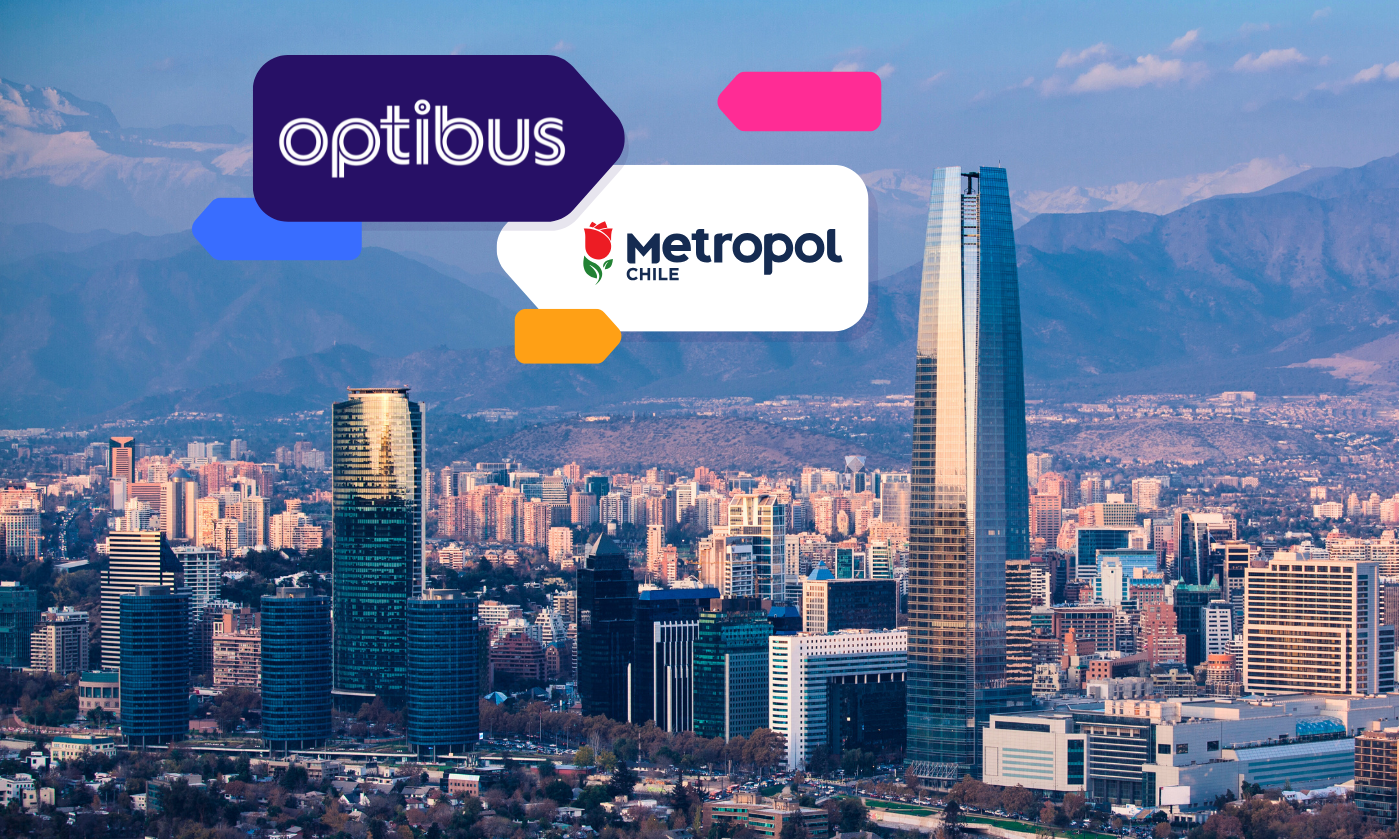Electrification of Bus Operations: One Approach for Sustainable Mobility
In the pursuit of sustainable urban mobility, the electrification of public transport stands as a promising approach. As cities worldwide strive to reduce carbon emissions and embrace cleaner transportation alternatives, electrifying bus fleets has become a pivotal step. However, transitioning from conventional diesel buses to electric ones is not without its challenges. Public transport planners find themselves at the forefront of this electrification revolution, facing multifaceted hurdles that demand innovative solutions and strategic planning.

In this blog post, we explore these challenges and present solutions, focusing on the essential aspects of planning and scheduling in the electric bus domain, aided by Optibus.
Challenge: The Complexity of Electrification
The electrification of bus fleets presents an array of challenges. Firstly, the initial costs involved in procuring electric buses and establishing charging infrastructure are substantial. For many cities, this financial burden can be daunting. The operational challenges, such as managing charging schedules and ensuring uninterrupted services, pose significant logistical hurdles. The need for a comprehensive charging infrastructure further complicates the electrification process. Ensuring that the bus fleet size aligns seamlessly with the available charging stations is critical to the success of any electrification initiative.
Solution: A Comprehensive Approach
Addressing the challenges of electrification demands a multifaceted solution. One of the key strategies is matching the bus fleet size with the corresponding charging infrastructure. This necessitates meticulous planning, taking into account the routes, schedules, and passenger demand. Planners must collaborate closely with energy experts and technology providers to develop a robust charging network that caters to the operational needs of the entire fleet.
Technology-driven solutions, such as intelligent route optimization, can enhance the efficiency of electric buses. By leveraging data analytics and predictive modeling, planners can optimize bus routes, reduce downtime, and enhance the overall reliability of electric bus services, ensuring certainty that the planning is accurate.
The Optibus Initiative: A Helping Hand for Planners
Recognizing the complexities faced by public transport planners, Optibus has taken a proactive step to support the electrification endeavor. Optibus has introduced two comprehensive checklists tailored to aid planners in navigating the electrification process effectively. These checklists serve as invaluable tools, guiding planners through the intricate steps of aligning fleet size with charging infrastructure, optimizing routes, and ensuring seamless integration of electric buses into existing public transport networks.
Download the checklists now in the link below!
.png?width=750&height=432&name=Checklist%201%20Determining%20the%20right%20number%20of%20buses%20(1).png)
Only a Good Plan Makes Good Operations
The electrification of bus fleets holds immense potential for transforming urban transportation into a cleaner, greener, and more sustainable system. However, the challenges faced by public transport planners should not be underestimated. By embracing a comprehensive approach that includes meticulous planning, innovative technologies, and strategic collaboration, cities can overcome these hurdles and usher in a new era of sustainable public transportation, backed by accurate planning.
With the support of initiatives like the Optibus checklists, planners now have access to practical resources that can streamline the electrification process, ensuring certainty that the planning is accurate and reliable. As we move forward, it is imperative for cities and planners to work hand in hand, leveraging innovative solutions and collective expertise to accelerate the electrification of bus fleets. By doing so, we can pave the way for a future where public transportation is not only efficient and reliable but also environmentally sustainable, ensuring a better quality of life for generations to come.
Find here a list of additional content that might be interesting to you:
- eBook "Mastering Electrification in Bus Operations: A Comprehensive Guide to Planning and Scheduling Electric Vehicles"
- eBook "How to Significantly Reduce Emissions and Save Costs with the Optibus Platform"
- eBook "Planning and Scheduling for Electric Vehicles"
- Case study "Reducing CO2 emissions with RBU Santiago's EV fleet"



